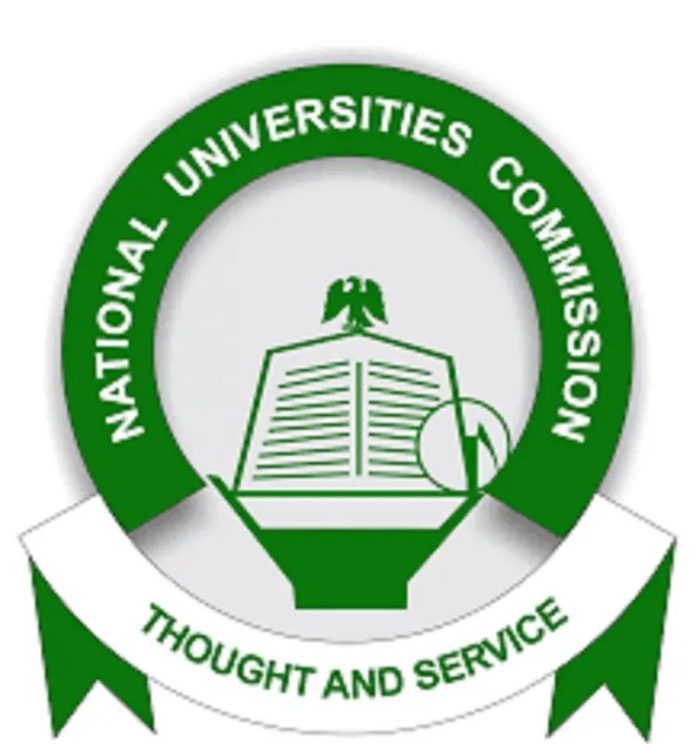Certificate racketeering in Nigerian universities has become a growing concern, with study centers and satellite campuses identified as breeding grounds for such malpractices. The emphasis on paper qualifications over skills has fueled a desire for titles, leading to some individuals engaging in certificate racketeering to obtain degrees and titles.
Recent incidents, including the revelation of obtaining a first-degree certificate in six weeks from a university in Benin Republic and a certificate racketeering scandal at Lagos State University (LASU), highlight the pervasive issue. LASU uncovered staff selling certificates for around N3 million, involving the insertion of names of non-attendees into the list of graduates.
The National Universities Commission (NUC) has identified 67 illegal universities and study centers in the country, prompting calls for their closure. However, critics argue that these centers provide employment and income for some individuals.
Dr. Niyi Sunmonu, National President of the Congress of University Academics (CONUA), attributes the rise in certificate racketeering to a desperation for certifications at the expense of competence. He emphasizes the need to shift focus from certificates to skills and competence.
The NUC, tasked with regulating the university system, is urged to address the issue decisively. However, challenges such as strikes, poor funding, and lack of resources contribute to the decline in the quality of education, fostering an environment where individuals resort to illegal means to acquire certificates.
Despite efforts to tackle the problem, concerns remain about the prevalence of certificate racketeering in the education system, raising questions about the effectiveness of regulatory measures and the need for a paradigm shift in valuing skills over mere certifications.

